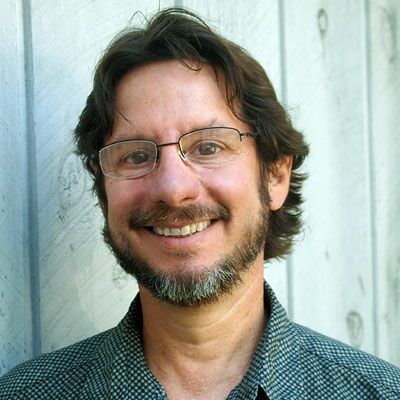UMF professor urges sustainable forestry
 photo/Courtesy Andrew Barton
UMF biology professor Andrew Barton says Maine's forest products industry must weigh the effects of its harvesting practices on the state's tourism industry
photo/Courtesy Andrew Barton
UMF biology professor Andrew Barton says Maine's forest products industry must weigh the effects of its harvesting practices on the state's tourism industry
Andrew Barton, a professor of biology at the University of Maine at Farmington, recently published “The Changing Nature of Maine's Woods,” a book detailing the dynamic nature of forests in Maine and the factors that might shape how they look in the future. Mainebiz recently talked with Barton about the state's forest products industry. The following is an edited transcript.
Mainebiz: How do you think increasing commercial demand for forest products will affect Maine's forests?
Barton: If demand ramps up, we need to be careful not to damage our forest resource, especially with the probability that there's going to be new stresses on trees from non-native insects and climate change. We've been harvesting close to the amount that we're growing, so there's not a lot of slack in the harvesting economy. We [need to] make sure that we're harvesting at a level that is sustainable into the future.
There is talk of wood-based biofuel competing against corn-based fuel relatively soon. Do you think finding a more sustainable fuel source outweighs the possible negative effects on forests?
I wouldn't call it a sustainable fuel source unless we harvest forests in a sustainable way. It's important for any harvesting of the forest to keep the big picture of sustainability in mind. At what level can we remove wood that's going to be sustainable into the future? Does it make sense to overuse the forest for one use if it's going to compromise other uses? Our forests are incredibly important for harvesting but also for tourism [and] we want to always bear in mind the possible tradeoffs.
Tourism is a huge asset to Maine's economy. Why do you think there is such a large draw to Maine's forests?
Maine offers an incredible variety of experiences for tourists who want to get out into the woods that range from civilized ventures to outings that are in remote settings. The Maine woods [have] this allure of something that's big, wild, remote; it's different than other places in the Northeast. Only [here] can you get the feeling that you're truly far away from a civilization.
What effect do you think the changing climate will have on forest industries?
Most projections suggest that we will have less spruce and more oaks. I've heard foresters talk about planting oaks throughout the state [and] having a forest products industry that begins to move toward oaks. If these come true, that's going to change the nature of the industry and [it] will [have to] adapt. [Awareness of climate change] is beginning to filter down at all levels, from bigger landowners down to small landowners.
What can Mainers do to keep forests enjoyable for years to come?
We have to make the commitment that we want to continue to be the most-forested state. The forest is a vast resource. It's going to take a commitment by everybody to assure that it's there [in the future] for economic reasons and to provide the kind of life we [associate] with living in Maine. This might mean we restrict land development [and] protect areas from development through conservation easements. n










Comments